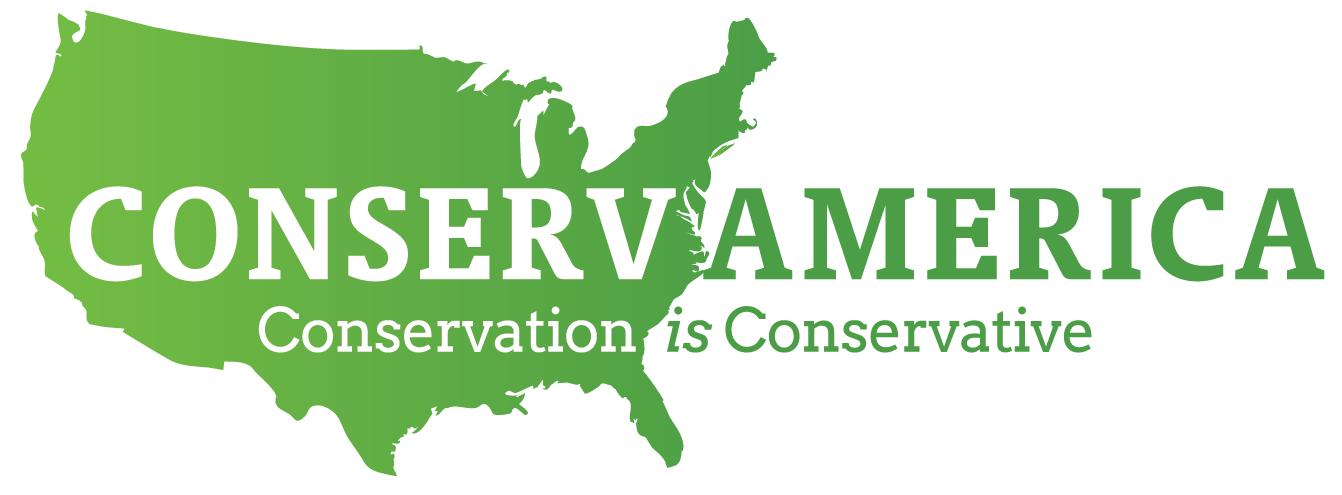ConservAmerica in the News
After months of actions to restrict oil and gas drilling, the Biden White House did an about-face last week and called on U.S. producers to up output as sanctions on Russia’s energy sector started to show up in U.S. gasoline prices.
That is the opposite of the White House's stance since the beginning of the Biden administration, which continues to cast blame on the U.S. oil industry for gasoline prices above $4 a gallon nationally, claiming oil companies are engaged in price gouging.
ConservAmerica President Jeff Kupfer spoke to Fox News on Sunday about the current state of domestic oil production and the options available to policymakers to curb rising prices.
“There is a general recognition that we can’t turn on a switch and change prices in the short term, but there are things we can be doing that will impact the long term. In addition to permitting reform and additional drilling, we need to make sure the infrastructure is in place to get the product out of the ground and to consumers. ”
To start with, President Biden should take a more positive approach with the domestic oil industry rather than hitting it with policies like terminating the Keystone XL Pipeline, halting federal lease sales, and generally deterring investment by prioritizing the phase out of fossil fuels.
“There is a general recognition that we can't turn on a switch and change prices in the short term, but there are things we can be doing that will impact the long term. In addition to permitting reform and additional drilling, we need to make sure the infrastructure is in place to get the product out of the ground to consumers,” Kupfer said.
“We need transportation and export facilities to be built. We need to take a step back and look at the complete picture and be willing to focus on long-term benefits rather than the short-term political ‘wins,’ he added. “Only then can we lower gas prices.”
Here are a few actions the Biden administration can take now to address the supply crunch:
Renew the five-year offshore leasing plan that expires in June. There’s an abundance of oil and gas resources off the coast of Texas, Louisiana, and other Gulf and Atlantic Coast states that would go a long way to ensure America’s long-term energy security.
Finalize the six LNG export licenses waiting for DOE approval to increase exports to our allies.
Approve more pipelines and other vital infrastructure to move oil and gas efficiently and safely from production to refineries and on to consumers at home and abroad.
While we should continue to improve the environmental performance of the energy we depend on, policymakers need to be clear-eyed about the time it will take to transition to a zero-carbon economy – and on our need for traditional oil and gas resources in the meantime.
